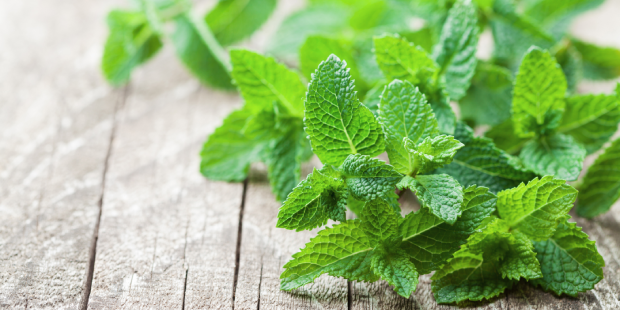Digestion is essential because it transforms food into nutrients to provide the body with everything it needs to function normally. It begins as soon as you sit down to eat. However, the digestive process can sometimes be disturbed by multiple factors causing digestive discomfort, such as abdominal pain, bloating, or even a dysregulation of the transit. Here are some tips to prevent and reduce these functional disorders.
What is the digestive process?
The first stage occurs during ingestion when food is chewed and mixed with saliva. The action of chewing then makes it possible to break down the food into small pieces and to prepare it for the work to come in the stomach and digestive tract. In the stomach, the digestive juices added during repeated contractions make it possible to grind food. Pre-digested food, called chyme, then ends up in the intestine, which continues digestion with the help of juices. Once this process is complete, the nutrients cross the intestinal wall and circulate in the blood to provide the body with what it needs to produce energy.
Today, the population is increasingly confronted with digestive disorders. These include many digestive syndromes and diseases, from the most harmless (regular cramps, loss of appetite, occasional constipation) to the most significant (coeliac disease).
There is obviously a component of genetic predisposition. Therefore, 95% of people with gluten intolerance carry one or two specific genes (HLA-DQ2 and/or HLA-DQ8).
Nevertheless, some of these disorders are primarily influenced by factors over which we have control: diet, lunch on the go, smoking, consuming alcohol and junk food too regularly, not enough physical activity, etc. As a result, you can take action and here’s how.

Identify digestive disorders: what are the symptoms?
Digestive disorders can present in different ways:
Here are some tips to prevent or treat digestive disorders naturally

And on the phytotherapy side: what are some solutions?
Some plants are known to promote better digestion and prevent disorders. They should be taken at the first onset of symptoms or preventatively. Here is a list of the most well-known plant extracts

What about probiotics?
Probiotics are live microorganisms. The digestive system has 100,000 billion of these “good” bacteria essential for digestive comfort. The intestinal flora is very sensitive to daily imbalances and can be affected by a poorly diversified diet or a sudden change in diet, daily stress, lack of physical activity, etc. As a result, the number of bacteria in the intestinal flora can vary greatly, and the digestive system is then entirely thrown out of order.
With each change of season, following a dietary rebalancing, a stressful period, or a sudden change of pace, you must rebalance the intestinal flora by providing it with new probiotic strains.
These bacteria naturally integrate into the flora and strengthen it. They allow better digestion and protect the intestines from attacks by potentially pathogenic microorganisms.
Some foods are naturally rich in probiotics (yoghurts, Kombucha, brewer’s yeast, etc.). Opting for natural health products that combine several probiotic strains is also an excellent option. This ensures that the intestinal flora quickly receives a relatively large number of probiotics to regain its balance.




